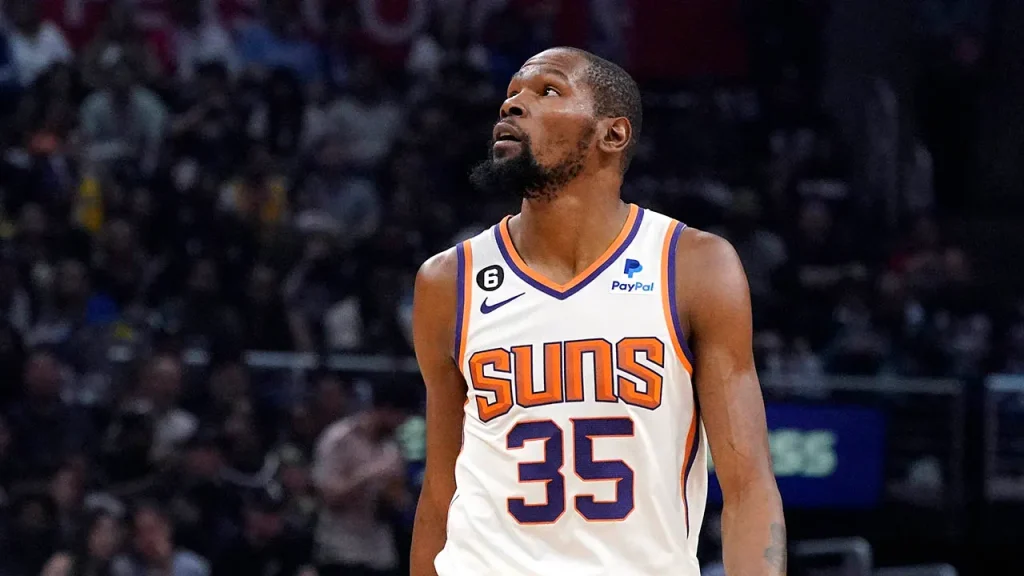The seismic trade that sent Luka Dončić to the Los Angeles Lakers and Anthony Davis to the Dallas Mavericks reverberated throughout the sports world, instantly becoming a landmark moment in NBA history. Its sheer magnitude initially sparked disbelief, even prompting speculation that ESPN reporter Shams Charania’s account, which broke the news, had been compromised. The trade, however, was undeniably real, signaling a dramatic shift in the fortunes of two prominent franchises and raising fundamental questions about loyalty, player empowerment, and the increasingly transactional nature of professional sports.
The Mavericks’ decision to part ways with their 25-year-old franchise cornerstone stunned many. Dončić, a generational talent who had just led Dallas to the NBA Finals, was widely considered an MVP candidate and the future of the organization. His impending super-max contract, estimated at $345 million, undoubtedly played a significant role in the Mavericks’ calculus. By trading Dončić, the Mavericks essentially chose to preemptively avoid the potentially crippling financial burden of his next contract, opting instead to retool their roster around a different centerpiece in Anthony Davis. This decision, however, came at the cost of sacrificing their immediate championship aspirations and potentially alienating a fanbase deeply invested in Dončić’s success.
The trade also reignited a broader conversation about the dynamics of player loyalty in the modern NBA. Kevin Durant, a superstar who has himself been traded multiple times, criticized the double standard that often holds players to a higher degree of loyalty than teams. His comments highlighted the inherent tension between players seeking to maximize their careers and organizations prioritizing their own bottom line. While players are often vilified for switching teams, organizations are rarely subject to the same level of scrutiny when making calculated business decisions, even when those decisions involve trading away beloved stars. Durant’s perspective underscores the evolving nature of player-team relationships, where long-term commitments are increasingly rare and player movement is becoming the norm.
The Dončić-Davis trade further fueled speculation about a potential domino effect across the league. Durant himself acknowledged that the trade could embolden other teams to make similarly bold moves, potentially leading to a flurry of activity before the trade deadline. The sheer scale of the Dončić trade set a new precedent, suggesting that no player, regardless of their stature, is truly untouchable. This could usher in a new era of player empowerment, where stars have more leverage to dictate their destinations and shape the future of the league.
The details of the trade involved a complex exchange of players and draft picks. The Lakers received Dončić, Maxi Kleber, and Markieff Morris, while the Mavericks acquired Davis, Max Christie, and the Lakers’ 2029 first-round pick. The Utah Jazz also became involved, acquiring Jalen Hood-Schifino and two second-round picks as part of a three-team deal. The trade instantly reshaped the landscape of the Western Conference, with the Lakers acquiring a young superstar capable of leading them back to championship contention and the Mavericks gambling on Davis’ ability to stay healthy and regain his peak form.
The trade marked a historic moment in the NBA, representing the first time two reigning All-NBA players were traded for one another midseason. Dončić, still in his early prime, boasts career averages of 28.6 points, 8.7 rebounds, and 8.3 assists, establishing himself as one of the league’s most dominant offensive forces. Davis, though plagued by injuries in recent years, remains a formidable two-way player, averaging 25.7 points and 11.9 rebounds this season. The long-term ramifications of this blockbuster trade will undoubtedly unfold over the coming seasons, shaping the trajectories of both franchises and potentially influencing future player movement across the league.

